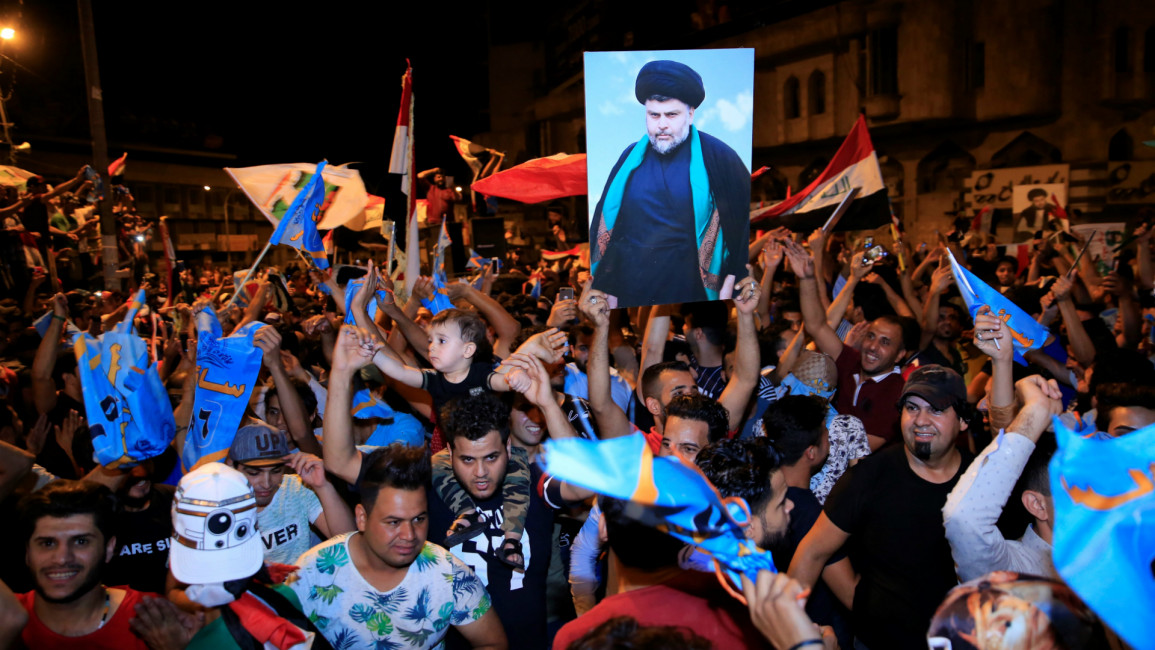Iraq's Electoral Commission cancels 1021 polling station results
Fears over widespread electoral fraud in Iraq's national elections continue to mount, as the country's Independent High Electoral Commission cancelled the results from 1021 polling stations.
Political figures have been calling for a recount - or the complete nullification of the poll results since the 12 May victory of anti-establishment electoral lists.
Analysts suggest claims of fraud are more likely to be made from frustrated outgoing politicians as opposed to actual manipulations.
Populist Shia cleric Muqtada Sadr's electoral alliance made headway over a list of former Hashd al-Shaabi militia fighters close to Iran in the Fatah coalition.
Political analyst Essam al-Fili told AFP, "to cancel these results is not possible, it would lead to a crisis and perhaps armed clashes".
Fili added that the Shia forces of the were now in a strong position amid negotiations "are not ready to give up what they won".
Politicians - who have until Thursday to formalise their complaints - voted Monday in parliament to annul the votes of displaced Iraqis and those living abroad.
They also voted in favour of a manual recount of 10 percent of the ballot boxes. Should results differ by over 25 percent than that previously announced, it will force a manual recount of nearly 11 million ballots.
Twitter Post
|
Varied results appeared from tests of electronic voting machines, said intelligence services, appearing to add credence to the fraud claims.
Outgoing MP Mishaan al-Juburi claimed that while he was in Damascus he saw, "the head of the electoral commission for (expats in) Syria and Jordan selling a political leader 12,000 votes of Iraqi expatriates in Syria and 4,000 votes in another country".
Juburi has similarly denounced alleged fraud in Amman, where he ran an intense campaign and only won a mere 19 votes.
"I have the impression that there is a clear conspiracy against me."
These allegations are most likely to affect Kirkuk, whose vote results reflect its ethnically-mixed population - six Kurds, three Arabs and three Turkmen elects.
But the International Crisis Group has said the results have two "striking incongruities".
The Patriotic Union of Kurdistan swept the Kurdish vote, but "won in several non-Kurdish areas where the party is not known to have any support", the group said in a report published last week.
The second discrepancy was that "turnout in Kurdish areas was low compared both to past elections and to the participation rate in Turkmen neighbourhoods and camps for the internally displaced", where much of the province's Arab population has lived since Islamic State group jihadists swept across the country in 2014.



